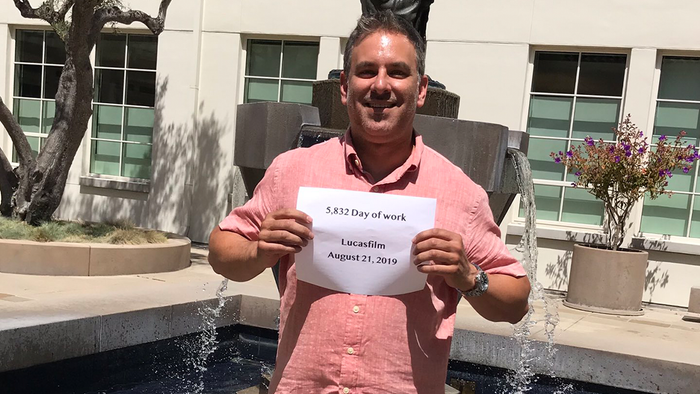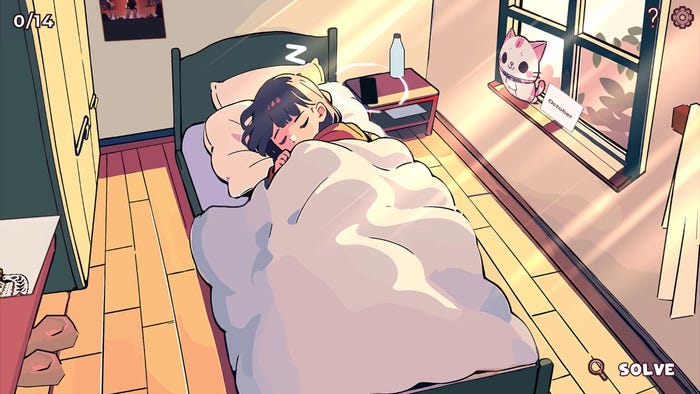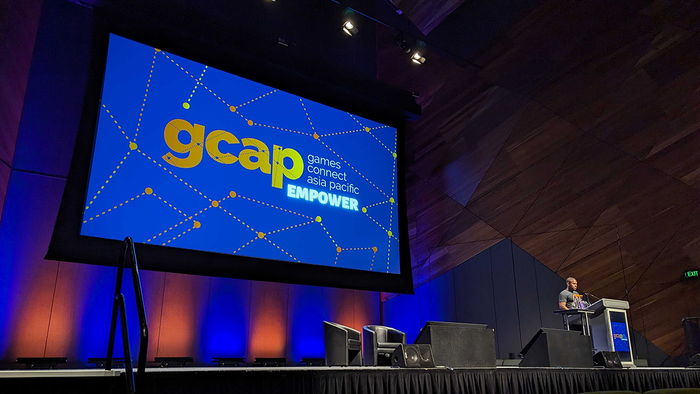Hidden Costs to Setting up your Own Development/Gaming Company
Keep an eye out for these hidden costs when setting up your company.

I have been involved with gaming development for a while now. I have worked on both sides of the track. I have been an employee, a freelancer and I currently run my own small company. In all cases, there are pluses and minuses, but the big risks and the big worries come when you run your own company. The profit goes up as well, of course, but there are a number of roadblocks and hurdles.
Premises
If you are not earning a lot of money and you are not hiring a lot of people, you don’t need a premises. Sure, there are tax breaks, but it will destroy you quickly if you are a small company just starting out. Take it from a man who has been there and done that.
There are other issues as well. Hiring staff in a premises will cost you much more than hiring contractors on a freelance basis. You have to pay by the hire, you have to cover certain medical expenses, you have to pay when they are taking time off, and you have to pay even when they are not working. If you only hire freelancers, you only pay them when they are working and the competition is so fierce you will pay less.
If you do have a premises, don’t invite the public in and don’t try to turn it into a “fun” workplace. We live in a very litigious society and there is such thing as premises liability claims that can basically end you if you start taking unnecessary risks like this.
Staff
Staff can kill you early on. On the one hand, you can’t do everything yourself, but on the other they can eat into your profits and leave you in the red. The smaller your company is, the more chance there is of this being the case.
When I started out I was lucky if I made $40,000 a year. The way I thought it would be is that a increase in work would surely relate to an increase in earnings, so if I ever needed to hire someone to cover extra work then I would surely be earning enough to cover it. Makes sense, right? But it doesn’t work that way, not early on. A lot of your work is going into projects that have yet to come to fruition and may never see the light of day. Even the projects that will be successful need to be finished and released before you can start earning.
I always recommend that people go for it when in these positions. Don’t be conservative, don’t let your project suffer because you were worried about margins. If you think you are onto a good thing then go for it and try and get the money to invest. You should also avoid hiring in-house if you can help it. I did this when I started but and I wanted to be the best boss ever. So, I paid them well, I gave them benefits and bonuses and I let them take time off. Eventually, they started to take liberties.
The straw that broke the camel’s back came when one of my employees took a week off work. I thought he was ill so I let it slide. When he came back with a new head of hair after a hair transplant, I was a little surprised, and when I discovered that he had charged it a business account, assuming that because I had been letting a lot of small things slide (coffees, meals) I wasn’t paying attention, I blew my top. Hair transplants are expensive, as i’m sure you know, and that almost killed my business.
Marketing
In an ideal world, you would create a top game and it would sell based on how good it was. That’s the way that all creators would like things to work. However, that’s not the way it works. Sometimes terrible games sell a lot of copies and great games don’t sell any. It is all down to marketing and this is one of the toughest and most expensive aspects of game development.
It is why big games usually get big publishers to help out. But if you’re an indie developer, you don’t have that option. Thanks to console marketplaces, App stores, review sites and social media you can go a long way just marketing yourself, but only if you know what you’re doing and are prepared to work for it. If not, then you need to spend big to get someone who does.
Your costs will include everything from SEO and digital marketing companies to social media managers, and that’s before you factor in online, TV, radio and print media advertising. Just a quick word of advice, none of that stuff has worked for me in the past and the most cost effective way to promote a game is through Google Ads (as these can be shown in mobile apps and games) Facebook ads and Youtube Ads.
Read more about:
BlogsAbout the Author(s)
You May Also Like








